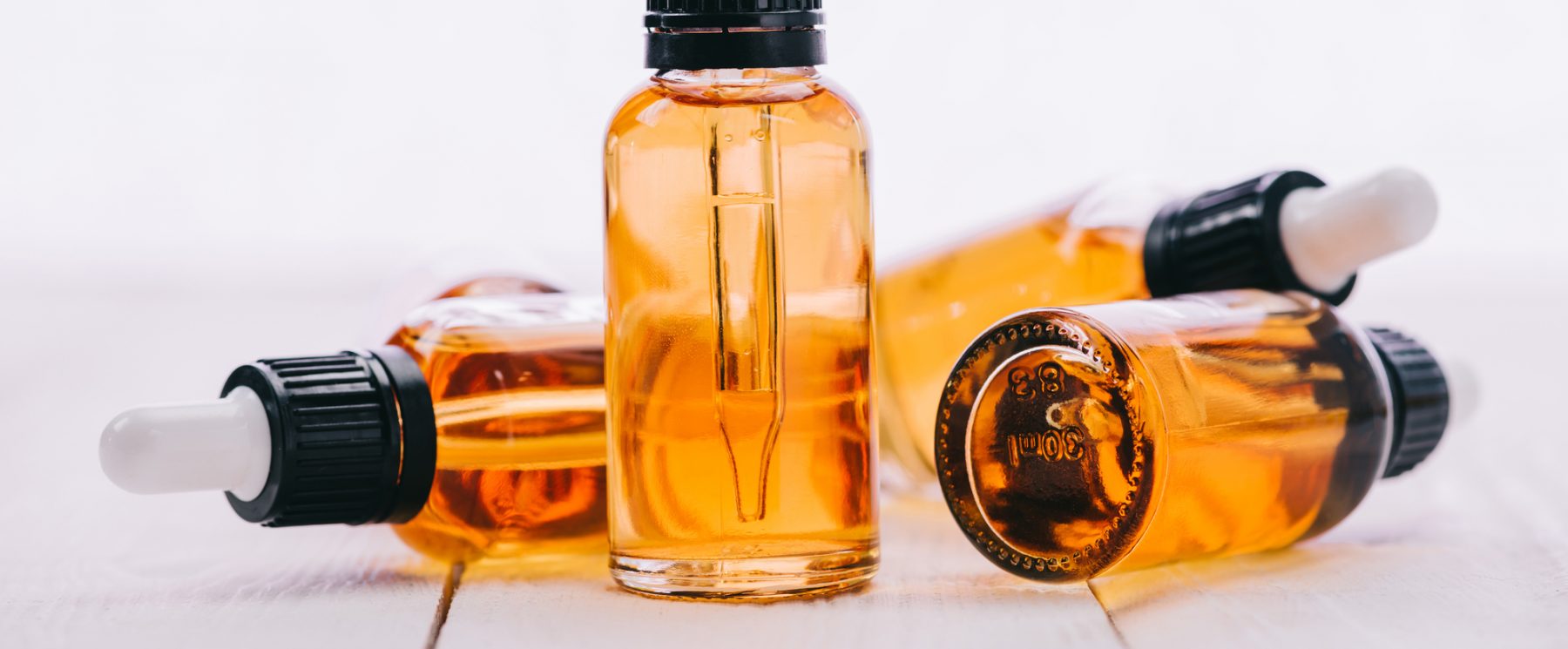Since time immemorial, clinical depression has been one of the many mental disorders that have proved difficult to treat. Chronic cases of depression are harder to manage and need an effective long-term health plan. But you don’t want to spend a fortune on doctor appointments and pharmaceutical prescriptions that, in many cases, could worsen your condition.
An alternative treatment method, therefore, comes into play as the best solution. So, here’s the question that many affected people worldwide want a definite answer to – does micro-dosing magic mushrooms treat depression?
“Sero” is short for Serotonin – a chemical released in the brain most commonly known for impacting mood, cognition, reward centers, learning, and memory. Read on and Find Hey Sero Here.
What is micro-dosing?
Micro-dosing on psychedelics is (mostly a self-prescribed treatment) gradually becoming a convenient way to battle depression. By taking small doses of the psilocybin mushroom, colloquially known as ‘magic mushroom,’ you can achieve a mild stimulating effect that cancels out your mind’s depressed state.
Sounds great, right?
But micro-dosing on magic mushrooms is still a relatively new point of study in medicine and is yet to be thoroughly tested. Despite this, many people suffering from depression would instead try it and regain a sense of normalcy in their daily lives. Then, do micro-dosing magic mushrooms treat depression?
Because micro-dosing is a self-prescribed treatment, you must do detailed research and fully understand your options.
Knowing your mushrooms
You should also be careful, considering how micro-dosing on magic mushrooms is dangerous to your health and the unpredictable nature of psychedelics. Note that there are two hallucinogenic mushrooms; Psilocybes and Amanitas.
Of the two mushroom groups, the Psilocybes mushroom is the most preferred for treating depression because of its psychoactive ingredient, Psilocybin. Many patients who self-prescribe on this family of mushrooms claim to be calmer and more focused while going about their daily routine and progressing in their treatment plan. On the other hand, Amanitas is a more toxic mushroom type, lacks Psilocybin, and can induce mild yet unpleasant effects if not well prepared.
There is, therefore, a lot to consider. Remember that the Psilocybes mushroom has several species and varieties; however, whether the subtle differences contribute to the mushroom’s potency when micro-dosing is still being determined. Although, regular users claim different species within the psilocybin group induce other psychedelic effects.
When should you micro-dose magic mushrooms, and how frequently?
Unfortunately, micro-dosing as a self-prescribed treatment method has no definite prescriptions. Also, note that people will react differently to magic mushrooms. This variable can heighten your doubts- does micro-dosing magic mushrooms treat depression? You should, therefore, consider the size and frequency of your dose.
Some patients have reported experiencing discomfort and difficulty sleeping when micro-dosing magic mushrooms during later hours. Most likely, the best time to micro-dose is during the morning when you’re most active. This way, the psychedelic effects are most potent as you carry out your daily activities and will slowly ease off.
Remember that the goal is to get better, not hooked on magic mushrooms! Try spacing out your treatment by skipping a few days every week. Additionally, a structured routine ensures you don’t become desensitized. The treatment has to be effective.
After a month of treatment, take a break and review your mental health progress. You can then be more comfortable micro-dosing on specific days only and a mentally challenging day at work or home, for instance.
Since fungi have many medicinal properties yet to be thoroughly studied, micro-dosing on magic mushrooms could be a game changer in the healthcare industry.

